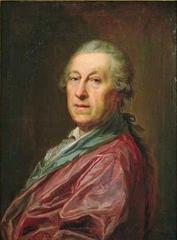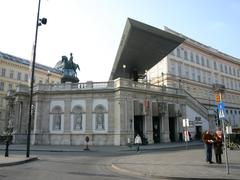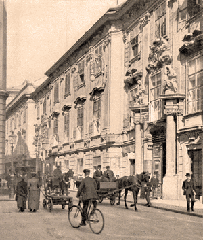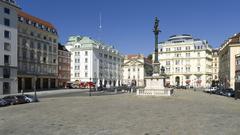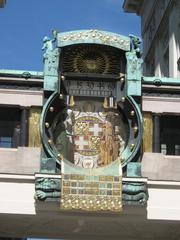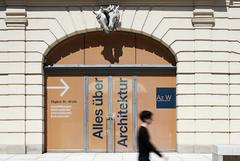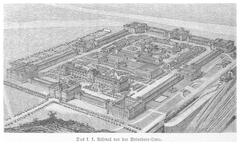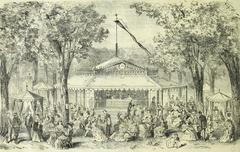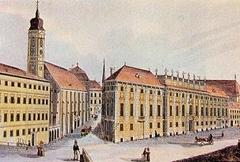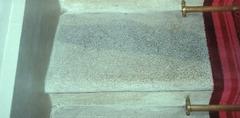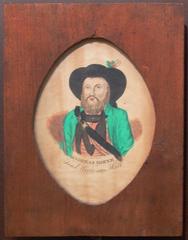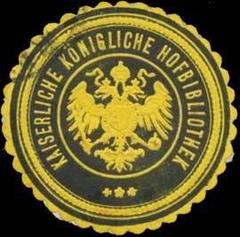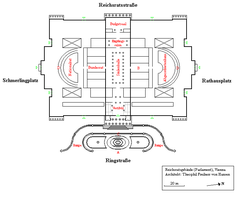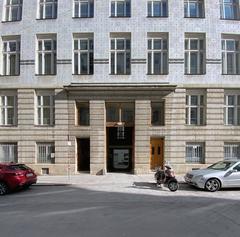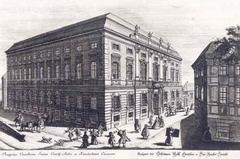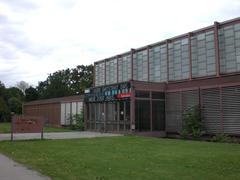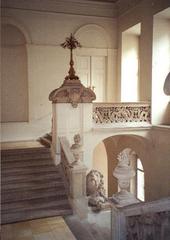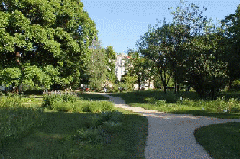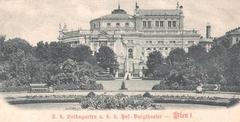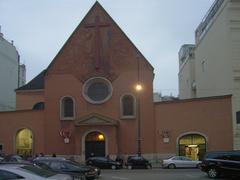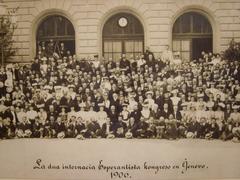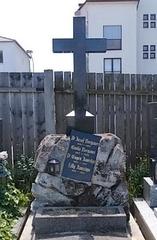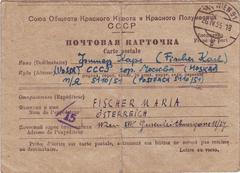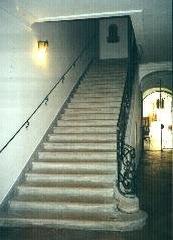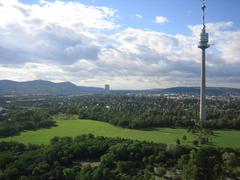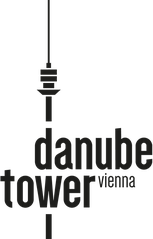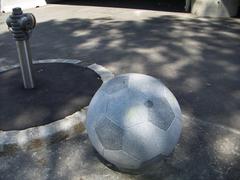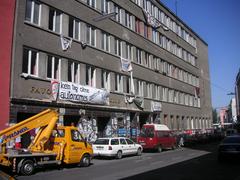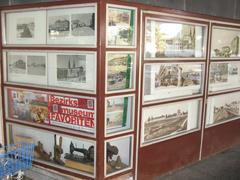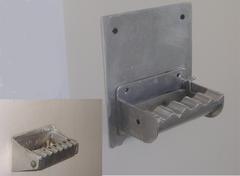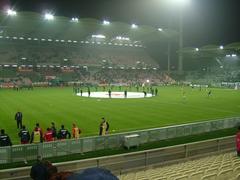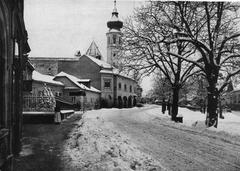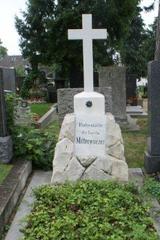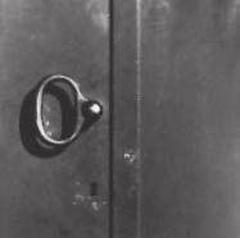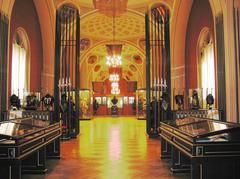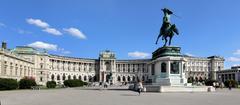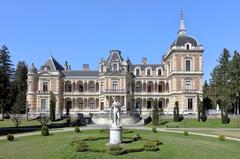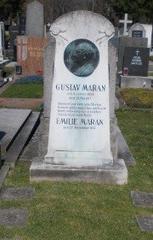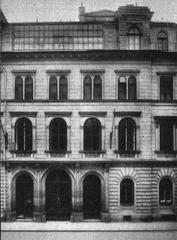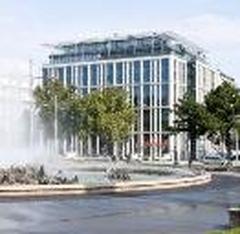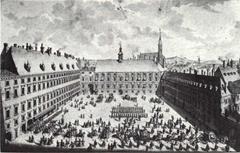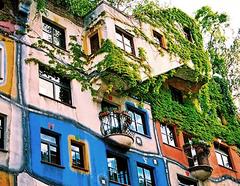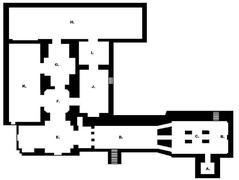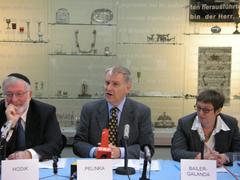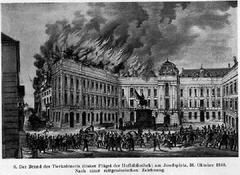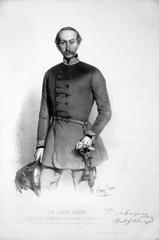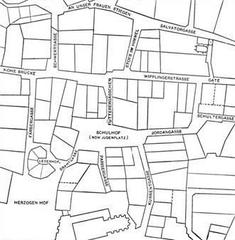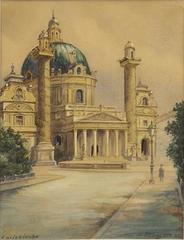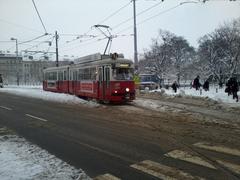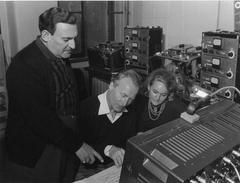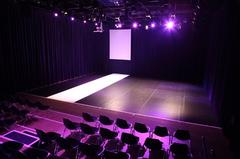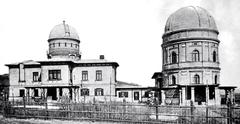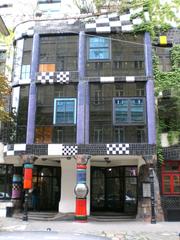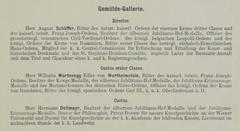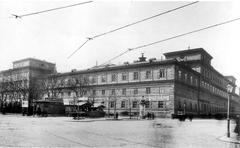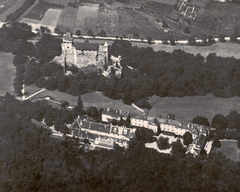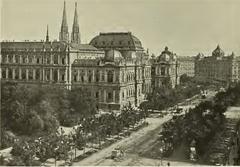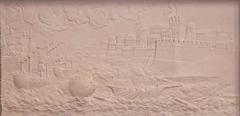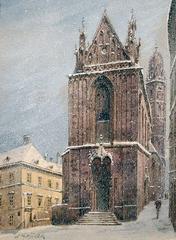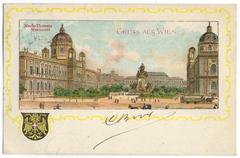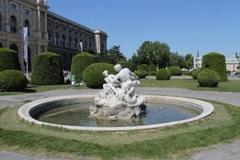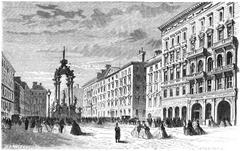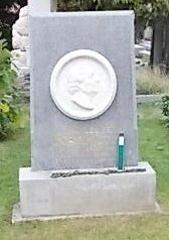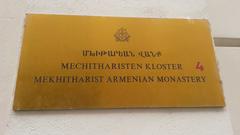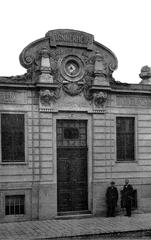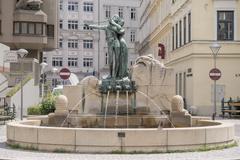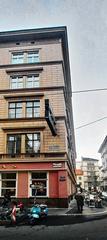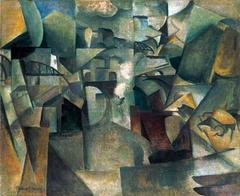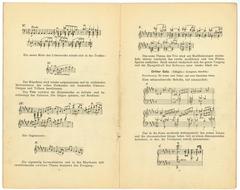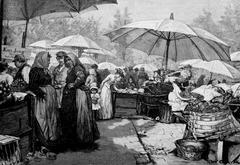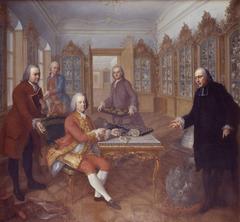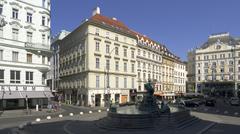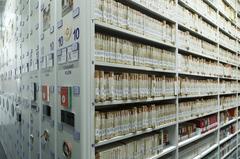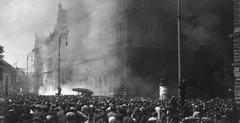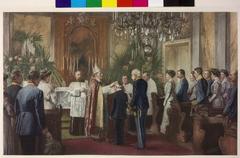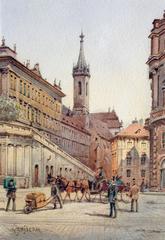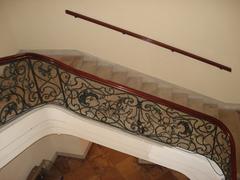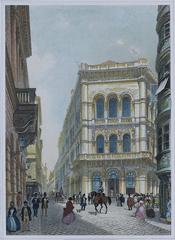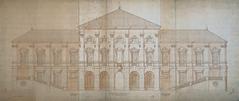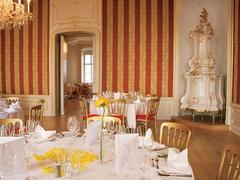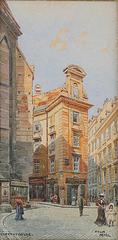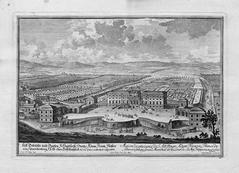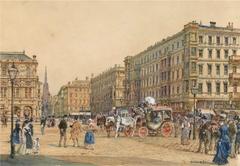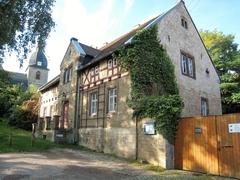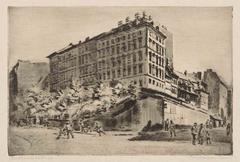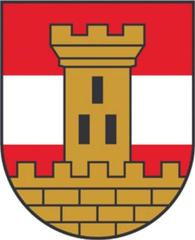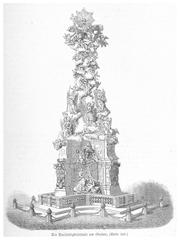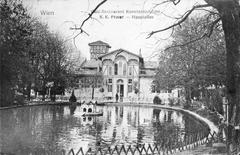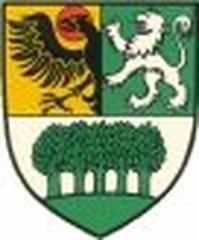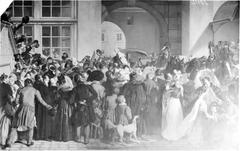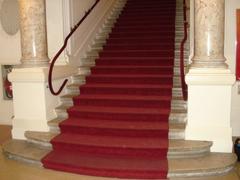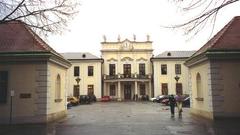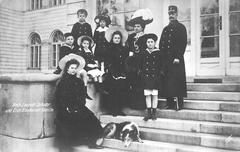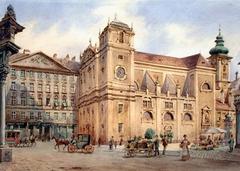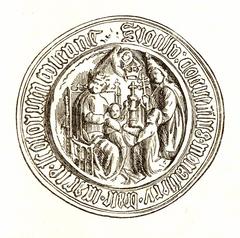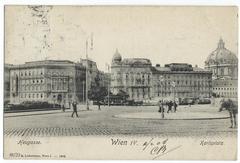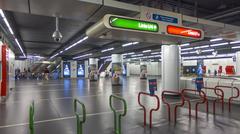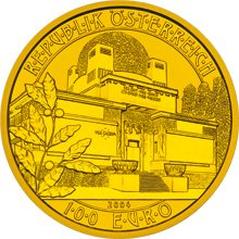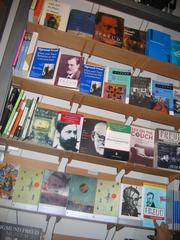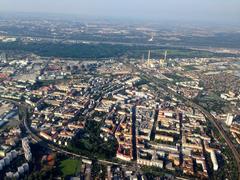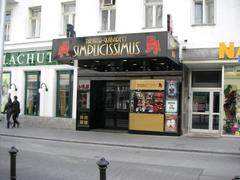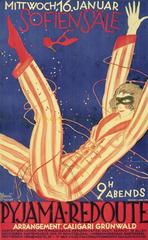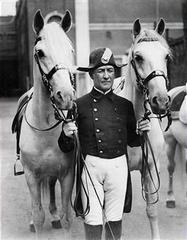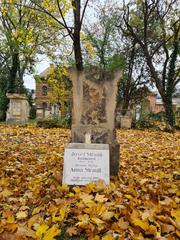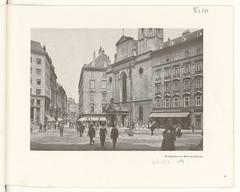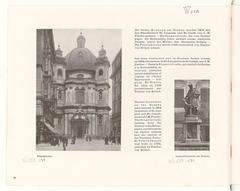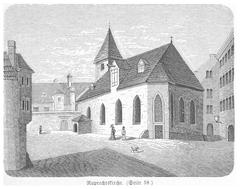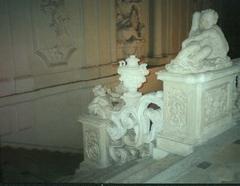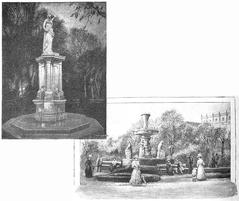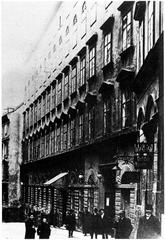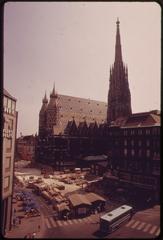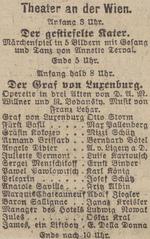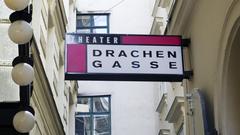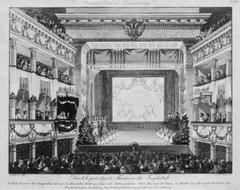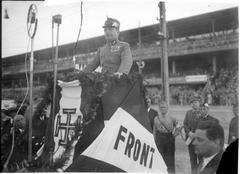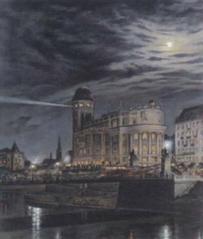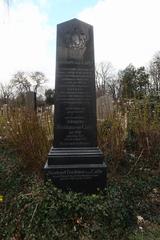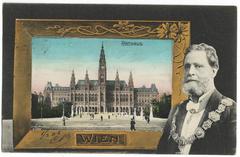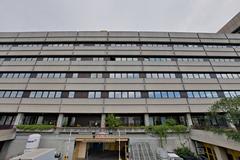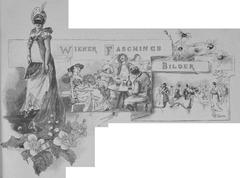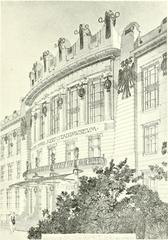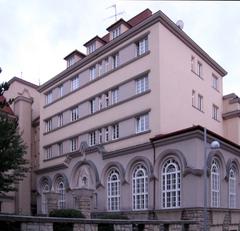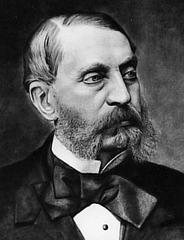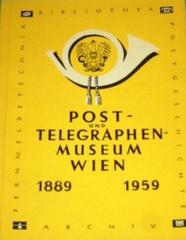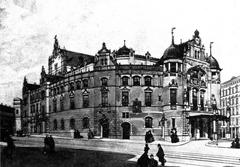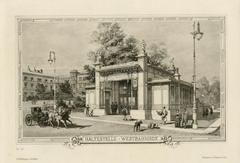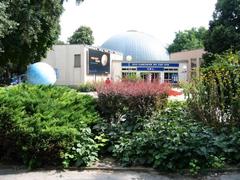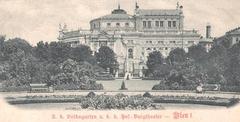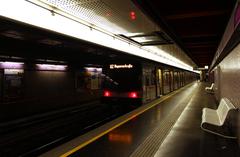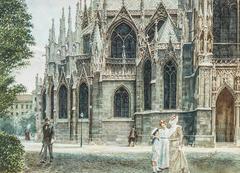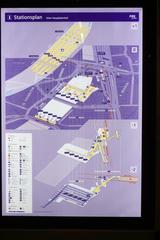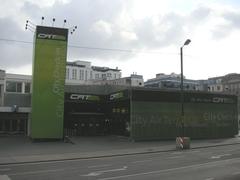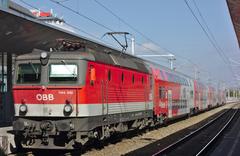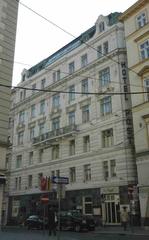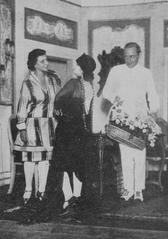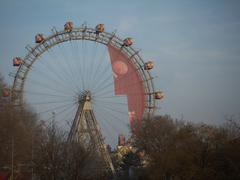Schauspielhaus Wien: Visiting Hours, Tickets & Comprehensive Visitor Guide
Date: 14/06/2025
Introduction: History and Cultural Significance
Schauspielhaus Wien, located in the lively Alsergrund (9th district) of Vienna, is a key institution in Austria’s contemporary performing arts scene. Since its transformation from an early 20th-century cinema into a progressive theatre space in 1978, the venue has become renowned for avant-garde productions, new writing, and its role in fostering intercultural dialogue. Distinguished from Vienna’s grand opera houses and classical theaters, Schauspielhaus Wien is a hub for experimental drama, emerging playwrights, and innovative projects that address pressing social, political, and cultural themes. Its commitment to accessibility, inclusivity, and community engagement cements its status as a vibrant platform for both local and international visitors (Schauspielhaus Wien Official Website; Wien Info; Austria-Forum).
Table of Contents
- Introduction: History and Cultural Significance
- Timeline and Artistic Evolution
- Cultural Programming and Social Engagement
- Architectural Features and Atmosphere
- Practical Visitor Information
- Nearby Attractions & Complementary Activities
- Frequently Asked Questions (FAQ)
- Visuals & Media
- Plan Your Visit & Stay Connected
- Summary & Tips for Visitors
- References
Timeline and Artistic Evolution
Early Years and Foundation (1913–1978)
Originally built as a cinema in 1913, the venue underwent several transformations, surviving the turbulent 20th century—including forced “Aryanization” in the Nazi period—before finally closing as a movie house in 1975 (Austria-Forum).
”Wild Years” and Avant-Garde Emergence (1978–1986)
In 1978, Hans Gratzer founded Schauspielhaus Wien as a theater, launching with Jean Genet’s “Der Balkon.” This era, known for its innovative, experimental productions, established the theater as a center for contemporary and avant-garde work (Wien Geschichte Wiki).
Artistic Expansion and New Talent (1987–2007)
Through the late 1980s and 1990s, the theater nurtured new Austrian playwrights, notably Elfriede Jelinek and Werner Schwab. The directorship of Airan Berg and Barrie Kosky (2001–2007) brought a focus on intercultural programming and groundbreaking social initiatives, such as “Hunger auf Kunst und Kultur,” which improved accessibility for disadvantaged groups.
Contemporary Focus and Innovation (2008–Present)
Under Andreas Beck (2007–2015), the theater was revitalized as a center for contemporary drama, winning the Nestroy Spezialpreis in 2008. Tomas Schweigen’s subsequent leadership has continued to push boundaries, with projects like the “Schauspielhaus Hotel” (2021–2022), which reimagined the theater experience as an immersive, participatory event (Austria-Forum).
Cultural Programming and Social Engagement
Schauspielhaus Wien is acclaimed for championing contemporary drama and fostering new voices in theatre. Its programming includes world premieres, interdisciplinary works, and experimental stagecraft, often addressing current social and political issues (Wien Info). This progressive philosophy is reflected in participatory projects and outreach initiatives like “Offenes Haus” (Open House), which invites community engagement and democratizes access to the arts (Wikipedia).
The theater’s ensemble is notably diverse, comprising actors from across Europe, furthering its commitment to intercultural dialogue. Regular international collaborations and co-productions place the theater at the heart of Vienna’s cosmopolitan cultural landscape.
Notable social initiatives include “Hunger auf Kunst und Kultur,” which provides free access to the arts for people facing financial hardship, and specialized accessibility programs such as audio description and induction loop systems for visitors with disabilities (Wikipedia).
Architectural Features and Atmosphere
Housed in a building with early 20th-century origins, Schauspielhaus Wien features a column-supported balcony and an adaptable auditorium with a capacity of around 220. The intimate setting enables immersive, boundary-pushing productions and fosters a close connection between performers and audience (Secret Vienna Theatre Guide). The foyer often hosts art installations and encourages post-show discussions, nurturing a welcoming and creative environment.
Practical Visitor Information
Location & Accessibility
Address: Porzellangasse 19, 1090 Wien, Austria (Alsergrund district)
Public Transport:
- U-Bahn: Schottentor (U2 line), approx. 10-minute walk
- Trams: 1, D, 37, 38, 40, 41, 42 (Schottentor or Porzellangasse stop)
- Buses and bicycle racks are nearby
The theater is wheelchair accessible, with step-free entry and reserved seating for guests with limited mobility. Induction loops and live audio description are available for select performances (Schauspielhaus Wien Official Website).
Visiting Hours & Performance Schedule
- Box Office: Tuesday to Saturday, 1:00 PM – 7:00 PM (or one hour before showtime on performance days)
- Performances: Generally evenings from 7:30 PM; matinees on select weekends
- Season: September–June (closed July–August for summer break)
For current schedules and special events, always check the official website.
Tickets & Booking
- Price Range: €12–€40 depending on production and seating
- How to Buy:
- Online at Schauspielhaus Wien
- By phone
- At the box office during opening hours
- Discounts: Available for students, seniors, and Vienna City Card holders (Vienna City Card info)
- Advance Booking: Recommended, especially for premieres and festivals
Language & Accessibility Services
Most productions are in German. Selected performances offer English surtitles, particularly during international festivals or guest shows. Staff are proficient in English and ready to assist (Wikipedia).
Facilities & Amenities
- Foyer Bar: Offers drinks and light snacks before performances and during intermissions
- Restrooms: Accessible facilities available
- Cloakroom: Provided free of charge during the season
- Dress Code: Informal, smart-casual attire is suitable
Special Events & Guided Tours
Special events, educational workshops, and collaborative projects are held throughout the year, including during the Vienna Festival (Wiener Festwochen). Guided tours are available by appointment; check the Schauspielhaus Wien website for upcoming opportunities.
Nearby Attractions & Complementary Activities
Combine your visit with other highlights in the 9th district and central Vienna:
- Sigmund Freud Museum: Freud’s former home and office, a short walk away
- Votivkirche: Neo-Gothic church near Schottentor
- Servitenviertel: Picturesque quarter with cafés and boutiques
- Liechtenstein Garden Palace: Renowned art collection and gardens
- Local Markets: Karmelitermarkt for food and shopping
Plan your day to enjoy both the theater and Vienna’s cultural, historic, and culinary offerings (Nomad Epicureans; Visiting Vienna).
Frequently Asked Questions (FAQ)
Q: What are the Schauspielhaus Wien visiting hours?
A: Box office is open Tuesday to Saturday, 1:00 PM–7:00 PM; it also opens one hour before showtime on performance days. Always check the official website for updates.
Q: How can I buy tickets?
A: Buy online, by phone, or at the box office. Early booking is recommended.
Q: Is the venue wheelchair accessible?
A: Yes, including step-free entry, designated seating, induction loops, and audio description services.
Q: Are there English-language performances or surtitles?
A: Many major productions and festival events offer English surtitles. Check the season program for details.
Q: Are guided tours available?
A: By appointment; check the website for tour schedules or contact the box office.
Q: What are the best ways to get there?
A: Public transport is recommended. Parking is limited and subject to short-term regulations.
Visuals & Media
The historic facade of Schauspielhaus Wien at Porzellangasse 19.
Inside the adaptable auditorium, combining historic charm with modern staging.
The innovative Schauspielhaus Hotel project redefined the theater experience.
For a virtual experience, visit the Schauspielhaus Wien Virtual Tour.
Plan Your Visit & Stay Connected
- Official Website: https://schauspielhaus.at/
- Box Office: Open one hour before performances; check online for current hours
- Contact: Email and phone details available on the official site for inquiries and group bookings
Travel Tips:
- Arrive at least 15–20 minutes before the show
- Use Vienna’s public transport for convenience
- Explore the neighborhood for local dining before or after the performance
- Download the Audiala app for personalized recommendations and ticket alerts
- Follow Schauspielhaus Wien and Audiala on social media for the latest updates
Summary & Tips for Visitors
Schauspielhaus Wien is a must-visit for anyone interested in contemporary theatre, artistic innovation, and Vienna’s cultural diversity. Its accessible location, flexible ticketing, barrier-free facilities, and rich programming make it inclusive for all. Nearby historical sites and vibrant local neighborhoods enhance the experience. Book early—especially for premieres—and use the resources provided to tailor your visit (Austria-Forum; Wien Info; Official Website).
References
- Schauspielhaus Wien Official Website (https://www.schauspielhaus.at)
- Austria-Forum – Schauspielhaus Wien (https://austria-forum.org/af/AustriaWiki/Schauspielhaus_%28Wien%29)
- Wien Info – Schauspielhaus Wien (https://www.wien.info/en/schauspielhaus-130482)
- Nomad Epicureans – Visiting Vienna in June (https://www.nomadepicureans.com/europe/austria/vienna-in-june/)
- Wikipedia – Schauspielhaus Wien (https://en.wikipedia.org/wiki/Schauspielhaus_Wien)
- Secret Vienna Theatre Guide (https://secretvienna.org/wp-content/uploads/2024/04/Theatre-Guide.pdf)
We look forward to welcoming you to Schauspielhaus Wien—where history, innovation, and culture meet in the heart of Vienna.
